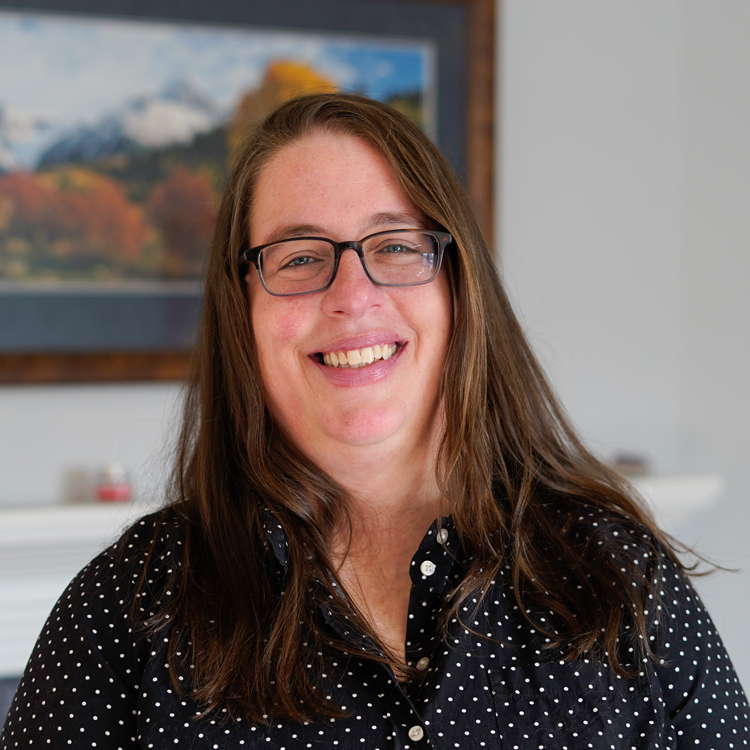Ridge RTC
A Mental Health Residential Teen Treatment Center

Residential Treatment Program for Youth Ages 12-18
Uniquely situated within the natural beauty of New England, both Ridge residential teen treatment centers in NH and Maine are specialized mental health treatment programs designed for teens and young adults requiring therapeutic assessment and enhanced support for mental health and substance use. Ridge RTC provides a supportive and caring environment for teens who need more intense care than they can receive at home, at school, or in a traditional residential setting. Our programming focuses on stabilizing, evaluating, and preparing teenagers for a happier and more productive life beyond the program. Contact us to learn more about Ridge RTC and how we can support your teen’s mental health journey.
Ridge RTC Program
Ridge RTC program is an introductory residential treatment center for teens that focuses on therapy, structure, and increased supervision for the purposes of healing root causes of mental health symptoms. Ridge RTC ProgramHealthy Lifestyle
At Ridge RTC, adolescents will learn effective coping strategies that will help them navigate challenges and make healthier choices. Healthy LifestyleFamily Support
Families play a crucial role in helping teens achieve stabilization and recovery. Recognizing this, every Ridge family is assigned a dedicated Family Support Specialist to guide them through the treatment process. Family SupportCoping Strategies
We help adolescents develop healthy coping strategies to emotionally regulate and manage stress, anxiety, depression, and other challenges. Teen DevelopmentTour our Teen Residential Treatment Centers
Our newest location, Ridge Lakehouse, in Maine, now offers short-term teen residential treatment programming.




An Enhanced Support Program Tailored for Teens and Adolescents
At Ridge RTC, we want to emphasize that we don’t view our work as simply providing “troubled teen” behavioral modification. Instead, we see ourselves as caring, supportive allies on the path of transformation, growth, and healing. Our primary goal is to connect with and address the specific therapeutic needs of adolescents who require intervention by providing a focused and structured program that prioritizes therapy and deep attention to their specific emotional needs. We understand that each adolescent we serve is unique and has unique challenges, which is why we offer specialized therapies and treatment activities tailored to their individual challenges and strengths.
In addition to our therapeutic interventions, we emphasize creating a nurturing and positive environment at Ridge RTC. Our treatment program is designed to immerse adolescents in healthy and positive lifestyle habits that they can carry forward beyond our program. We believe this approach helps cultivate independence in our clients, helping them develop skills and habits to lead successful and healthy lives.
Ridge RTC offers a unique mental health residential treatment program designed to provide increased support, structure, and therapy for adolescents and teens. While mental health treatment is our primary focus, we also address substance in teens and adolescents. As such, Ridge RTC offers interventions and tailored support to address substance use alongside mental health concerns.

Tour our Teen Residential Mental Health Facility
Expanding Access to Teen & Young Adult Mental Health Services
At Ridge RTC, we recognize the significance of teen residential treatment that emphasizes a tailored treatment model. We are in-network with Optum, Magellan, and Anthem and also collaborate with top health insurance providers to help you and your family access the best possible adolescent mental health care. Here are some of the insurance providers we work with to ensure you receive high-quality and compassionate treatment:





Meet Our Expert Leadership Team

Kera Miller

Kendall Edkins

MEGAN GERBINO, M.S.N., APRN, FNP-C
A Reputable Adolescent & Teen Residential Mental Health Treatment Program
Our unwavering commitment to the well-being of our clients is what truly sets us apart. This commitment has guided us to not only meet but surpass industry accreditation and licensing standards of care.




Ridge RTC programs aim to stabilize, assess, and prepare our clients for a fulfilling life beyond our program. We promote a healthy lifestyle that includes physical activity, exposure to nature, a balanced diet, community contributions, and accountability. Outdoor experiential activities are an essential component of our mental and behavioral health treatment programs, and we offer structured sessions in yoga, music, art, and other experiential modalities. We believe that providing more structure and less “free time” leads to better outcomes, so we focus on outdoor programming that utilizes the Shortridge trail network for hiking, biking, and snowshoeing, as well as the “Base Camp” location featuring other engaging experiential initiatives.
If you have any questions about the Ridge RTC teen treatment program or are seeking more information, we’re here to help! Our experienced staff is dedicated to providing support to families and helping adolescents and teens thrive. In addition, please feel free to give us a call or reach out to us via email if you have any questions or would like more information. We’re here to help you make an informed decision that is best for your family.




 Kera Miller has worked in the field of mental health since 1998 and has been a clinician since 2005. She has worked with adolescents and young adults in every level of care, including residential and inpatient treatment, day treatment, and outpatient treatment/community-based settings.
Kera Miller has worked in the field of mental health since 1998 and has been a clinician since 2005. She has worked with adolescents and young adults in every level of care, including residential and inpatient treatment, day treatment, and outpatient treatment/community-based settings. Kendall has 20+ years of experience working with at-risk teenage boys with a variety of emotional, behavioral, neurological, and learning needs at a therapeutic day school in southern Vermont.
Kendall has 20+ years of experience working with at-risk teenage boys with a variety of emotional, behavioral, neurological, and learning needs at a therapeutic day school in southern Vermont.






